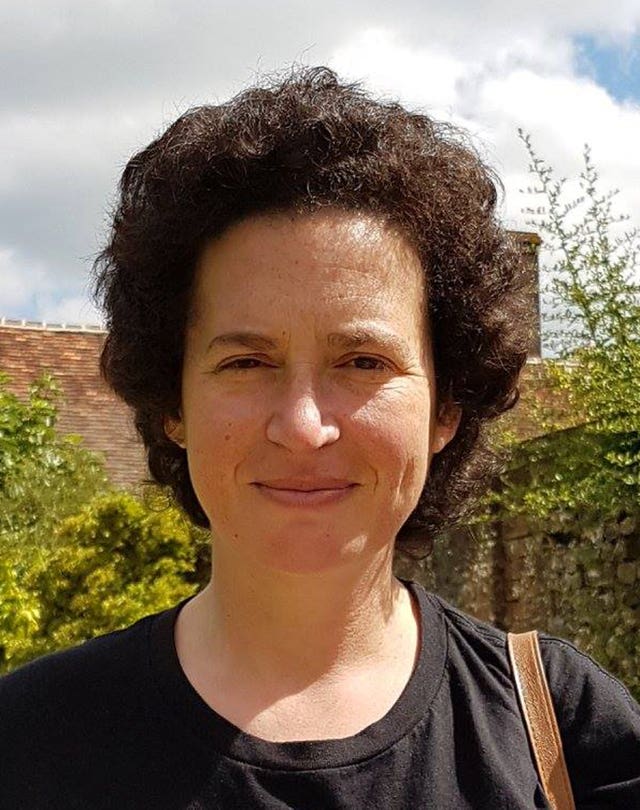‘Great feeling’ for vaccine volunteer as data suggests up to 90% effectiveness
Sarah Hurst paid tribute to the scientists and researchers involved in the AstraZeneca and Oxford University trial.

A trial volunteer said it was a “great feeling” to be involved in the development process as new data suggested a UK-developed Covid-19 vaccine could be up to 90% effective.
Sarah Hurst, 47, took part in the AstraZeneca and Oxford University research, receiving two jabs of either the experimental vaccine or a placebo.
She said there was a “tiny sense of pride” at her involvement, but paid tribute to the scientists and researchers who developed the vaccine.

Ms Hurst, a journalist from Goring-on-Thames in South Oxfordshire, told the PA news agency: “It’s really the developers and everyone who’s done all the work, all the medical students who are constantly all day meeting the vaccine participants and testing them and being on the front line.
“But it’s good, it’s a great feeling to help to make a vaccine.”
Ms Hurst, who said she felt no side-effects from her two jabs, said the results are “promising” and noted that “the fact that it doesn’t need to be chilled at a very low temperature and is cheaper than the other vaccines will help in making it easier to distribute”.
But she added: “People have only been vaccinated for a few months so I would still want to know: what are going to be the results after a year? Is it going to be effective after a year?
“That’s something you really just have to wait for.”
Ms Hurst said she had immediately been keen to get involved in the trial.
“I live near where it’s being done and they were looking for people in the Thames Valley,” she said. “As soon as I saw that I wanted to get involved to help research a vaccine.”
She underwent health checks and blood tests before receiving her two shots, and filled in a diary to notify researchers of her movements over the course of the study, as well as any symptoms.
Although she did not notice any side-effects from her shot, it does not necessarily mean she received the placebo – researchers used an approved meningitis vaccine which they believed would elicit a similar response to the Covid jab.
“You have to treat it as if you were in the placebo group anyway, you wouldn’t go out and randomly expose yourself because you don’t know,” she said.
In the research, a dosing pattern used by scientists suggested 90% effectiveness if one half dose was given followed by a further full dose.
Data showed 62% efficacy when two full doses were administered.





